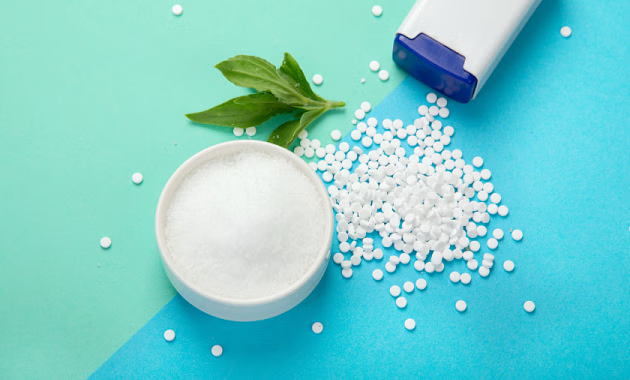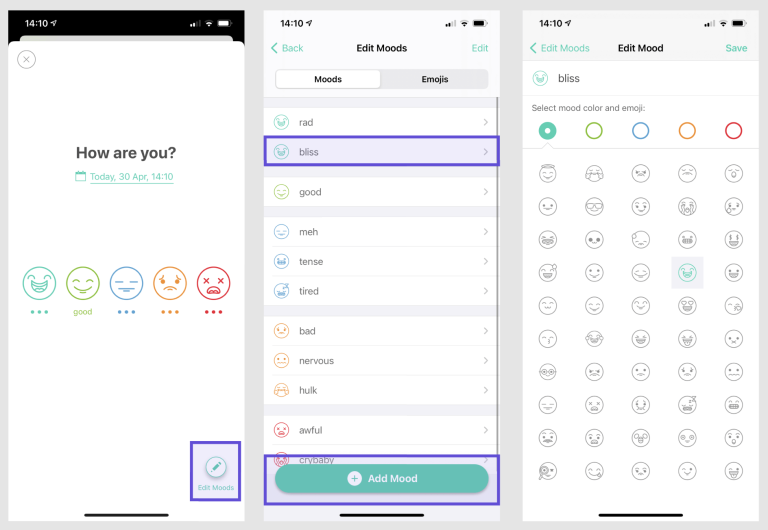In recent years, artificial sweeteners have become a popular choice for those looking to reduce sugar intake. Marketed as a healthier alternative, these sugar substitutes are found in a variety of products, from diet sodas to sugar-free snacks. However, recent studies have raised concerns about the potential health risks associated with these sweeteners, particularly their possible link to blood clots.
In this blog, we’ll dive into the research and explore whether artificial sweeteners are truly a cause for concern.
Understanding Artificial Sweeteners
Artificial sweeteners are synthetic sugar substitutes that are often much sweeter than regular sugar. They are commonly used in low-calorie and sugar-free products to provide the sweetness consumers desire without the calories.
Popular artificial sweeteners include aspartame, sucralose, and saccharin. While these sweeteners are approved by the FDA for use in food, their long-term health effects have been a topic of ongoing debate.
The Potential Link Between Artificial Sweeteners and Blood Clots

Recent studies have suggested a possible connection between artificial sweeteners and an increased risk of blood clots. Blood clots form when blood thickens and clumps together, which can lead to serious health issues such as deep vein thrombosis (DVT) or pulmonary embolism (PE). These conditions can be life-threatening if not treated promptly.
Researchers have found that certain artificial sweeteners may affect the body’s ability to regulate blood flow and clotting.
For example, some studies have indicated that these sweeteners may increase the production of clotting factors in the blood, leading to a higher risk of clot formation. Additionally, they have been linked to changes in gut bacteria, which may also play a role in the development of blood clots.
The Role of Gut Health
One of the most intriguing findings from recent research is the impact of artificial sweeteners on gut health. The gut microbiome, which is made up of trillions of bacteria, plays a crucial role in maintaining overall health, including regulating blood clotting. Studies have shown that they can alter the balance of gut bacteria, leading to a decrease in beneficial bacteria and an increase in harmful ones.
This imbalance in the gut microbiome may contribute to inflammation, which is a known risk factor for blood clot formation. Chronic inflammation can lead to the activation of the body’s clotting mechanisms, increasing the likelihood of developing blood clots.
While more research is needed to fully understand the connection between gut health and blood clots, these findings suggest that artificial sweeteners may have a more significant impact on our health than previously thought.
What the Experts Say
While the research linking artificial sweeteners to blood clots is still in its early stages, experts are urging caution. Some health professionals recommend limiting the intake, especially for individuals who may be at a higher risk for blood clots, such as those with a history of clotting disorders or cardiovascular disease.
Dr. John Smith, a leading cardiologist, advises, “While we cannot definitively say that artificial sweeteners cause blood clots, the evidence suggests that they may contribute to factors that increase clotting risk. It’s important for individuals to be mindful of their consumption and consider natural alternatives when possible.”
Making Informed Choices
As the debate over artificial sweeteners continues, it’s essential to make informed choices about what we consume. For those concerned about the potential risks, reducing or eliminating artificial sweeteners from your diet may be a prudent choice. Instead, consider natural sweeteners such as honey, maple syrup, or stevia, which may offer a safer alternative without the potential health risks associated with them.
Proceed with Caution
While the evidence linking artificial sweeteners to blood clots is not yet conclusive, it is enough to warrant caution. Sweet treats like ice creams and diet sodas often carry potential health risks. As research continues to evolve, staying informed and making mindful choices about your diet is crucial. By understanding the potential risks and opting for natural alternatives, you can take steps to protect your health while still enjoying the sweetness you crave.






